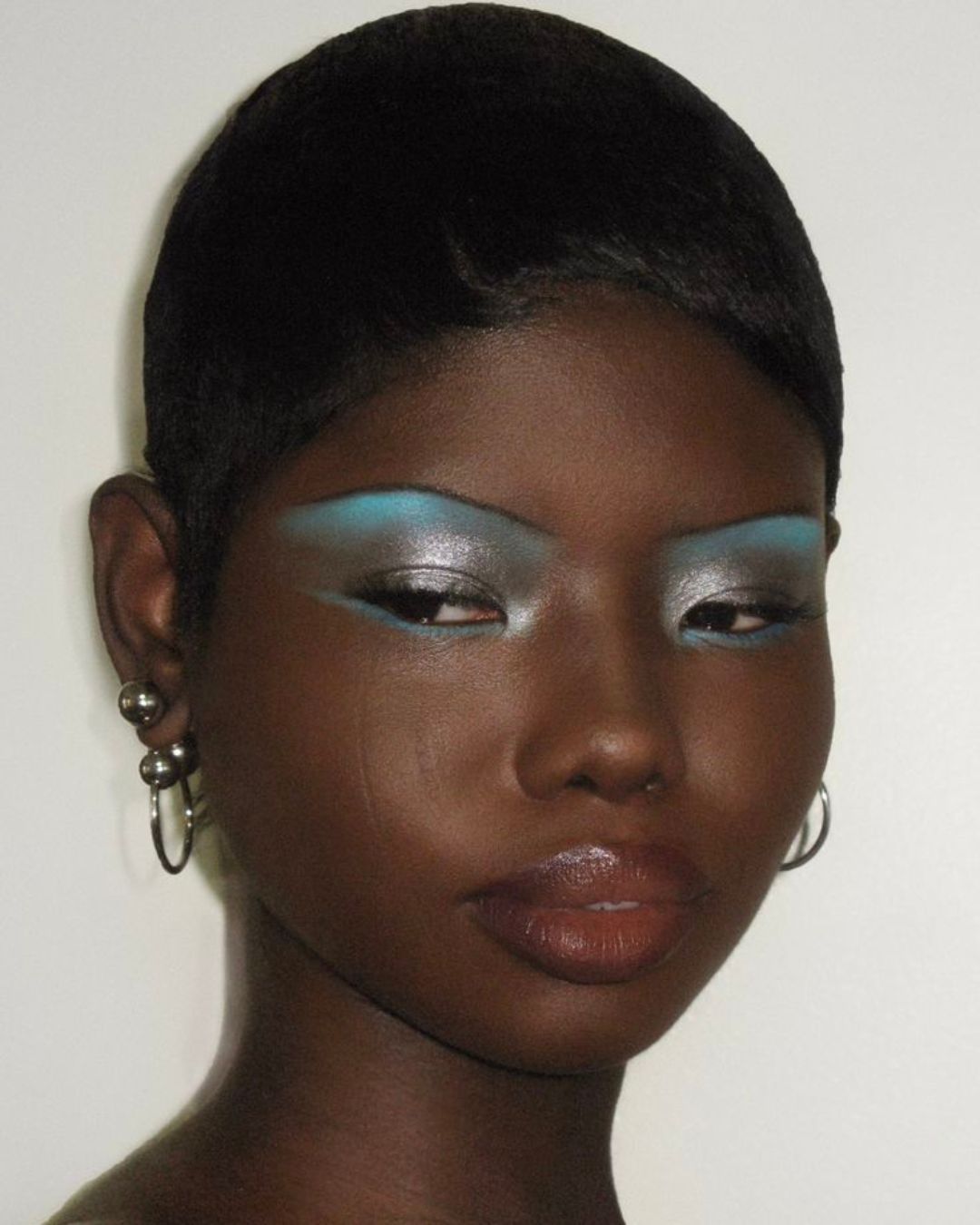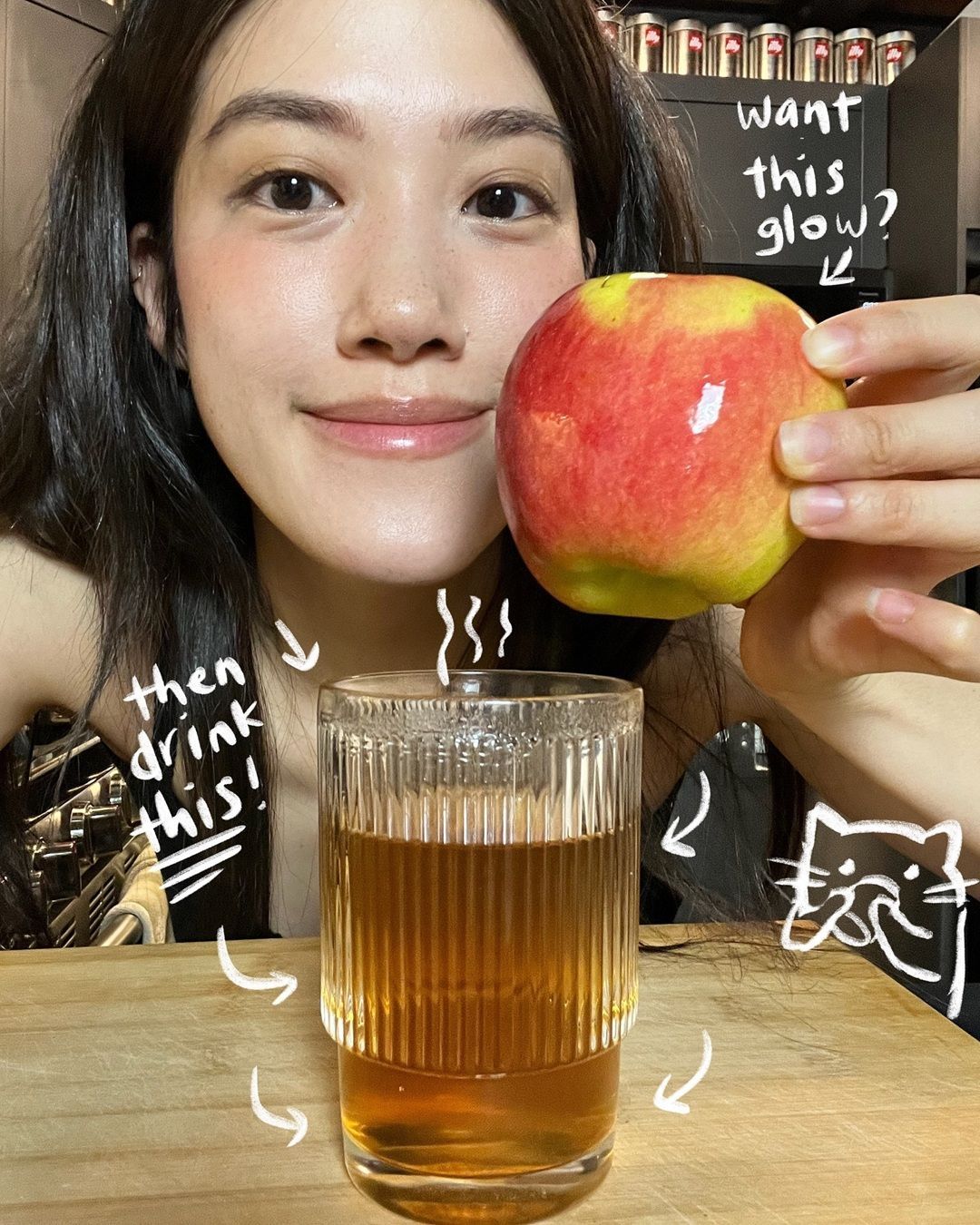
Are we drinking too much water? Apparently, being too hydrated is possible
As soon as the first ray of sunshine illuminates the spring sky, there's a piece of advice that magazines, radio, TV, and social media all spread in unison: drink more water. Is your skin dry? You're probably dehydrated. Feeling hot? Prepare yourself a nice glass of cool water. Feeling down? Drinking is the first step in taking care of yourself. Not sleeping well? Make sure to increase your water intake during the day, but don't complain if you'll be running to the bathroom all night. Do you have hangover symptoms because your friends took you out to pubs to get over the breakup with your sweetheart? Ensure to boost your water consumption throughout the day. Everyone knows that to restore balance on "the day after," fluids are your best allies. But is drinking a lot really the cure for everything?
Water is vital for our body
Our body is composed of about 65% water, so it's easy to understand how essential this element is for our health and well-being. It helps regulate body temperature, lubricates joints and muscles, plays an important role in transporting nutrients and oxygen, increases saliva production contributing to keeping the mouth clean, moisturizes eye and nose tissues, improves skin health, regulates kidney and intestinal functions, and therefore the elimination of waste and toxins. It's also crucial for cognitive health because dehydration can negatively impact brain function and structure, making it difficult to think clearly.
@whynotbeautysalon E tu quanta acqua bevi al giorno??? #h2o #acqua suono originale - whynotbeauty
The dangers of dehydration
Every day, our body loses a lot of water due to all its natural functions such as breathing, sweating, urine, and bowel movements. Therefore, it's important to keep our body hydrated by drinking water regularly throughout the day. If we don't, our health can deteriorate. Dehydration can make us feel mentally and physically drained, tired, triggering symptoms like dry mouth, headaches, blurred vision, fatigue, brain fog, constipation, dry skin, and dark urine.
Can you drink too much water?
Hydrating is important, but it's also a wellness trend on TikTok that, with the hashtag #WaterTok, includes videos with millions of views where ordinary people and influencers, in an attempt to facilitate the right level of hydration, showcase their recipes for flavored water, strictly consumed in gigantic Stanley Cup. But consuming too much water can be potentially as dangerous as drinking too little. Overhydration can dilute and alter electrolyte levels in the body like sodium, potassium, magnesium, calcium, which are essential for regulating brain and nerve function. Drinking too much water in a short period can even lead to a condition called water intoxication or hyponatremia, where blood sodium levels become dangerously low. A condition that in extreme cases could trigger seizures and even coma. The problem? Kidneys overloaded with excess water and lacking in sodium become unable to eliminate excess fluids, resulting in fluid retention up to heart failure. Similarly to when we are dehydrated, an electrolyte imbalance caused by drinking too much water can lead to water retention and swelling, headaches, poor digestion, mental confusion, muscle cramps, and other unpleasant side effects. Very clear urine is also a sign that you might need to drink less.
How much water should we drink every day?
We understand that hydration is crucial, but what is the right daily water intake? It's a simple question without an easy answer. For the maintenance of normal physical and cognitive functions, WHO and the Ministry of Health guidelines recommend adults to drink at least 8 glasses of water a day, equivalent to 2-2.5 liters. But, in reality, there's no one-size-fits-all answer. Individual water needs depend on many factors, including age, weight, activity level, but also climate and time of year. Experts also advise not drinking during meals and waiting at least 20 minutes before and after to not compromise digestion by diluting stomach acids, avoiding in any case to drink more than a liter of liquids per hour, to allow kidneys to more easily eliminate excess water. Always remember that a varied diet rich in hydrating foods supplements water intake.

























































